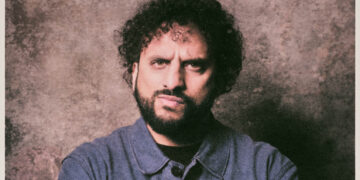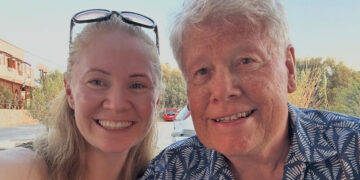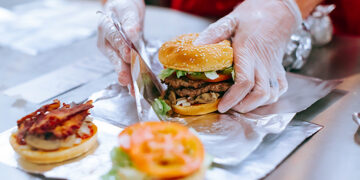For as long as I can recall, I have been pretty much allergic to any notion of trying or hoping. In fact, those are two words which I have all but removed from my vocabulary.
You might wonder therefore if I have resigned myself to a life of ‘giving-updom’, and have chosen to sit back on my laurels, absorbed in complacency or overwhelmed by defeat and futility.
No chance.
So why the allergic reaction to trying and hoping? You might be thinking that my refusal to try or hope for anything makes no sense. Surely trying and hoping are positive states to embrace?
Actually, it might surprise you that they are the opposite of positive.
Here’s why. Let’s take an example of a situation where your friends are arranging to meet up at 7pm. You know it’s unlikely that you will make it by the agreed time but still tell them “I’ll try to get there for 7”. Even as you are saying it you hear your inner voice telling you that it’s going to be very difficult. You, my friend, have just stepped onto an inevitable slippery slope to stress and feeling like a failure, followed by a dose of beating yourself up.
When your brain hears “I’ll try to get there for 7pm” what it actually understands is the truth which is that this is going to be hard. It will put you under pressure. You will probably fail. Like usual. When your brain hears ‘try’, what it understands is that this is highly unlikely to end well.
Similarly, when we say that we “hope” something will work, what the brain understands is that this is going to be hard work. That this is a long shot. For example, “I hope to get to the gym tomorrow”. That statement is loaded with the potential for defeat and opportunities to let yourself ‘off the hook’ from doing it.
Ultimately, despite long believing these words to be positive and of the ‘glass half full’ variety, to try or hope is to set yourself up for failure.
Instead of trying choose to do or don’t do things. So, instead of saying you will “try”, tell your friends something like “I will get there by 7.45pm” or “I can’t make it for 7pm so carry on without me”. This shift to choosing to do or not do something is incredibly empowering and saves all the stress that goes hand-in-hand with trying and failing. It also helps to employ the caveat that it’s ok to not succeed at everything you do.
Instead of hoping something will work for you, choose to empower yourself through accountability and do it or focus on knowing that it will work, eg. “I’m going to the gym tomorrow”.
I encourage you to join me in refusing to try or hope. Instead, do or don’t do. You’re going to love it!

Scan the QR code for a video version or click here.



















































